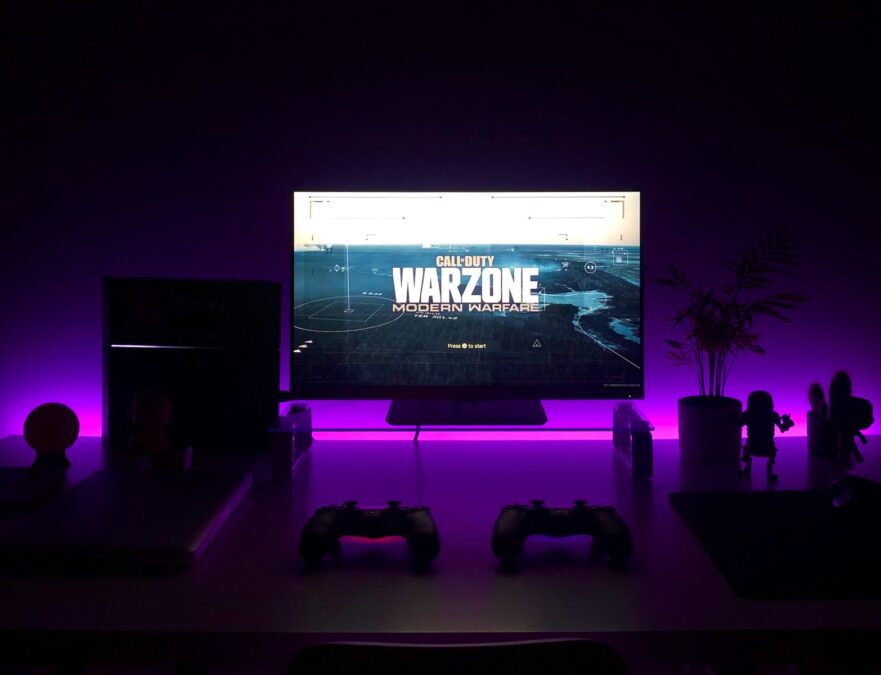Revolutionizing the Gaming Experience in Saudi Arabia and the UAE
The Real-Time Gaming is booming in the Middle East, with Saudi Arabia and the UAE emerging as major players in the global market. One technology that is poised to revolutionize the gaming experience in these countries is edge computing. By bringing computation and data storage closer to the users, edge computing can significantly reduce latency, a critical factor in real-time gaming.
The Latency Challenge in Real-Time Gaming
Latency, the delay between a player’s action and the game’s response, can be a major hindrance to the enjoyment of real-time gaming. High latency can lead to lag, stuttering, and other issues that make the game unplayable. This is especially true for fast-paced games like first-person shooters and racing games, where even a few milliseconds of delay can make a significant difference.
Edge Computing: The Solution to Latency
Edge computing addresses the latency challenge by processing game data locally, on servers that are closer to the players. This reduces the distance that data needs to travel, resulting in lower latency and a smoother, more responsive gaming experience. In addition, edge computing can also help to improve the reliability and scalability of real-time gaming applications.
Cloud Gaming and Edge Computing: A Powerful Combination
Cloud gaming, a model where games are hosted on remote servers and streamed to players’ devices, is another area where edge computing can make a big impact. By leveraging edge computing, cloud gaming platforms can deliver high-quality gaming experiences to users with lower-end devices and slower internet connections. This is because edge computing can offload some of the processing tasks from the cloud, reducing the amount of data that needs to be transmitted over the network.
The Rise of Esports in Saudi Arabia and the UAE
Edge Computing is Fueling the Esports Boom
The Middle East is witnessing a rapid growth in esports, with professional gaming tournaments attracting large audiences and lucrative prize pools. Edge computing in real-time gaming is a key enabler of this trend, as it provides the low-latency infrastructure necessary for competitive gaming. With edge computing, esports players can compete on a level playing field, regardless of their location or internet connection. This is opening up new opportunities for gamers in the region, and it is also helping to attract international esports events to Saudi Arabia and the UAE.
Investment in Edge Computing Infrastructure
Governments and businesses in the Middle East are investing heavily in edge computing in real-time gaming infrastructure. This includes building new data centers, deploying edge servers, and upgrading network connectivity. These investments are not only benefiting the gaming industry, but they are also having a positive impact on other sectors, such as education, healthcare, and manufacturing. The availability of low-latency edge computing resources is enabling the development of new applications and services that were previously impossible.
The Future of Gaming in the Middle East
The future of gaming in the Middle East is bright, thanks in part to the adoption of edge computing in real-time gaming. This technology is transforming the gaming experience, making it more accessible, enjoyable, and competitive. As edge computing continues to evolve, we can expect to see even more innovative gaming applications and services emerge in the region.
Edge Computing for Game Development
Edge computing is not only revolutionizing the way games are played but also how they are developed. By providing developers with access to powerful computing resources at the edge of the network, edge computing enables them to create more complex and immersive games. This can lead to a new generation of games that push the boundaries of what is possible.
Edge Computing and Virtual Reality
Virtual reality (VR) is another area where edge computing is having a major impact. VR headsets require high-bandwidth and low-latency connections to deliver a seamless and immersive experience. Edge computing can help to meet these requirements by processing VR data locally, reducing the strain on the network and improving the overall user experience.
#edgecomputing #realtimegaming #lowlatency #cloudgaming #esports #gamedevelopment #SaudiArabia #UAE

